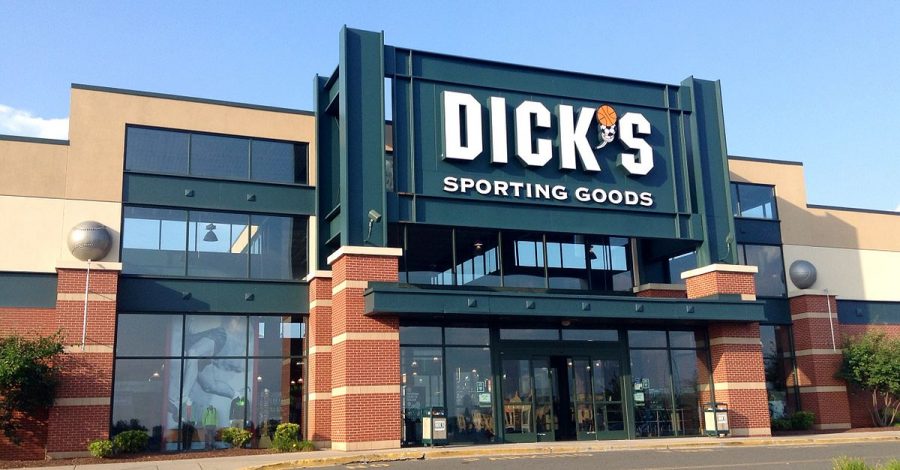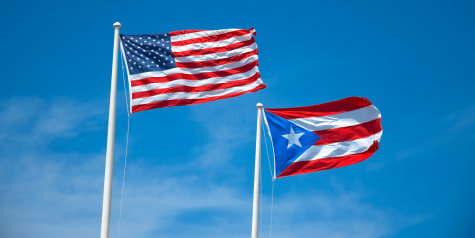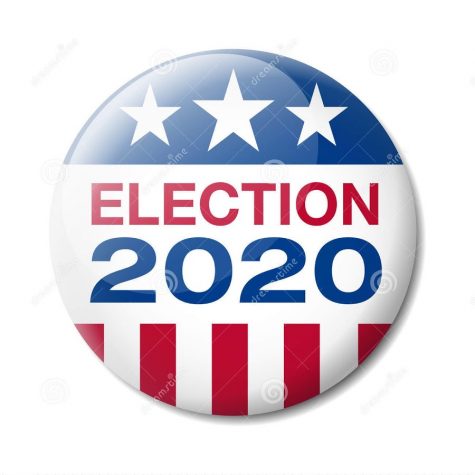Corporations Take The Lead On Gun Restrictions
Another heartbreaking mass shooting occurred at Stoneman Douglas High School on February 14, resulting in 17 students and faculty members dead. The nation was once again drawn into the controversial debate regarding gun violence. On one side, people with the National Rifle Association (NRA) — America’s longest-standing organization that advocates for gun rights, insisted that guns are not the target to blame. The NRA claims it is the enforcement of mental health laws, not new gun restrictions, that would prevent future massacres. Opposingly, the victims’ families, and survivors of the shooting aren’t giving up their fight of campaigning for stricter gun control laws. Nearly one-month has passed since the shooting took place, and what really has been done in regard to the controversy?
Soon after the massacre, the state legislature in Florida was pressured to act. Following weeks of debate, in early March, Florida passed a bill named the Marjory Stoneman Douglas High School Public Safety Act. It requires all individuals purchasing firearms to be at least 21-years-old or older, establishes a 3-day waiting period for all firearm sales, which enables time for background checks. It also bans the sale, or possession, of bump stocks (an attachment that enables a semiautomatic rifle to fire faster). In addition, the bill provides approximately $400 million to improve school security and enhance mental health treatment, of which $67 million will be used to fund a new sheriff program. It would allow school districts to train, and arm, employees in hope that it will serve as a deterrent for future intruders attempting to commit mass shooting.
Compared to the state legislature of Florida, the federal government and Trump have done nothing. The imminent call for universal background checks and a complete database of those banned from purchasing firearms in states was impeded under the intervention of political lobbyists from the NRA. The debate over further regulating guns, and improving federal background check system, created a formidable political divide in Washington, which undermined previous attempts to impose stricter gun control laws. The House of Representative is now only planning a vote on a new grant program to educate teachers and students about how to identify signs of school violence and intervene when it breaks out.
In spite of the little effort done at the federal level, many corporations started to take the initiative to restrict gun sales, which was partially contributed by nationwide boycott against the NRA, and its business affiliates. Walmart, the nation’s largest retailer that had stopped selling AR-15s, and other semi-automatic weapon since 2015, announced that it would no longer sell firearms and ammunition to people younger than 21. Similarly, Dick’s Sporting Goods, from where the killer Nikolas Cruz purchased a gun (not the A15 used in the school shooting), said that it would immediately stop selling assault-style rifles and ban the sale of all guns to anyone under 21. Several major corporations including MetLife, Hertz, and Delta Air-Lines have also cut ties with the NRA since the Florida tragedy.
From 1999, when the Columbine shooting took place to today, nearly 20-years has passed, yet gun violence still plagues the nation as an unabated epidemic. Is the cost of “freedom” worthwhile in the face of numerous innocent deaths? How many 20-years, or young lives, should be sacrificed to get the right actions done? The questions are left for those who advocate the for so-called “freedom” at the expense of America’s future victims.











